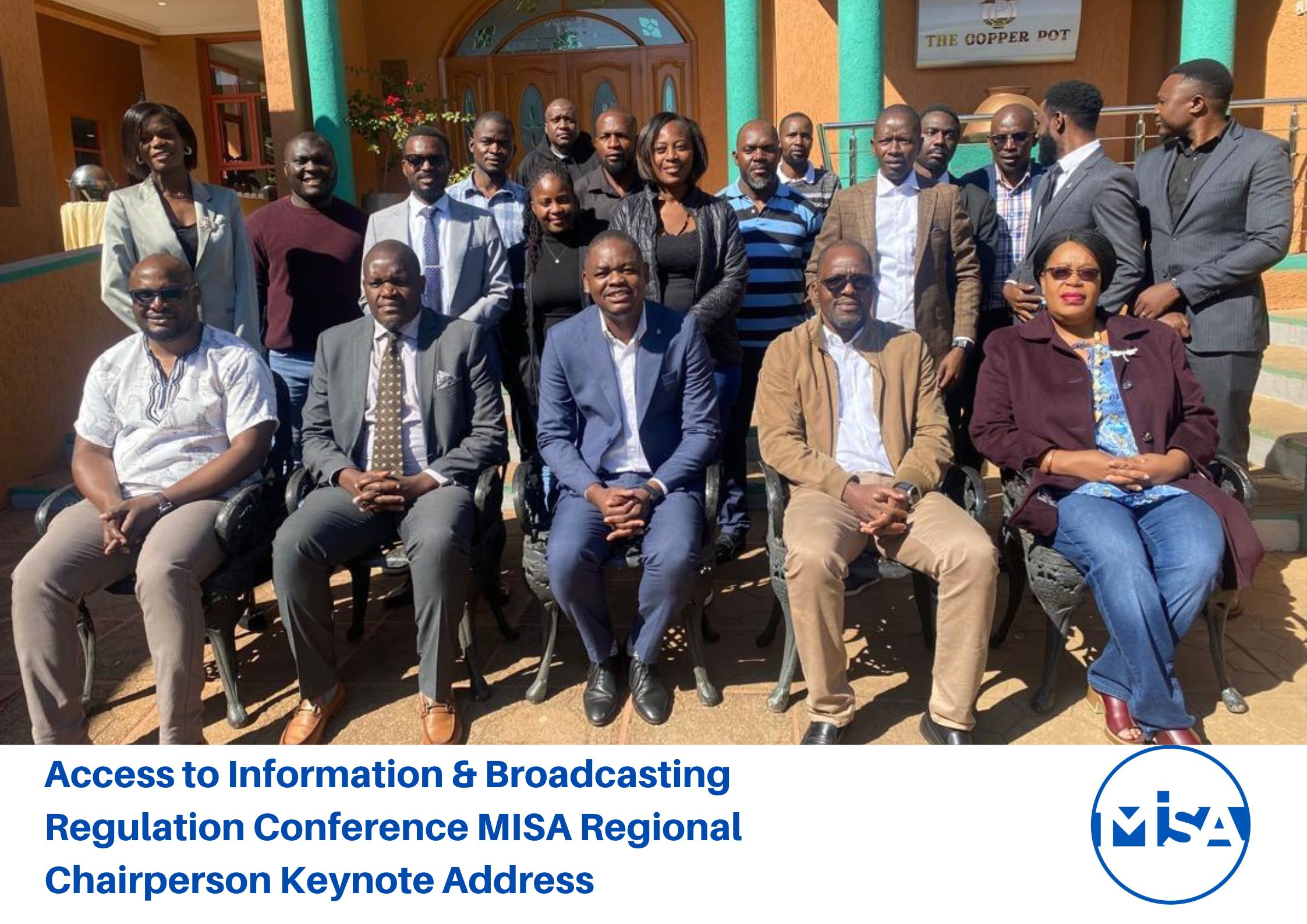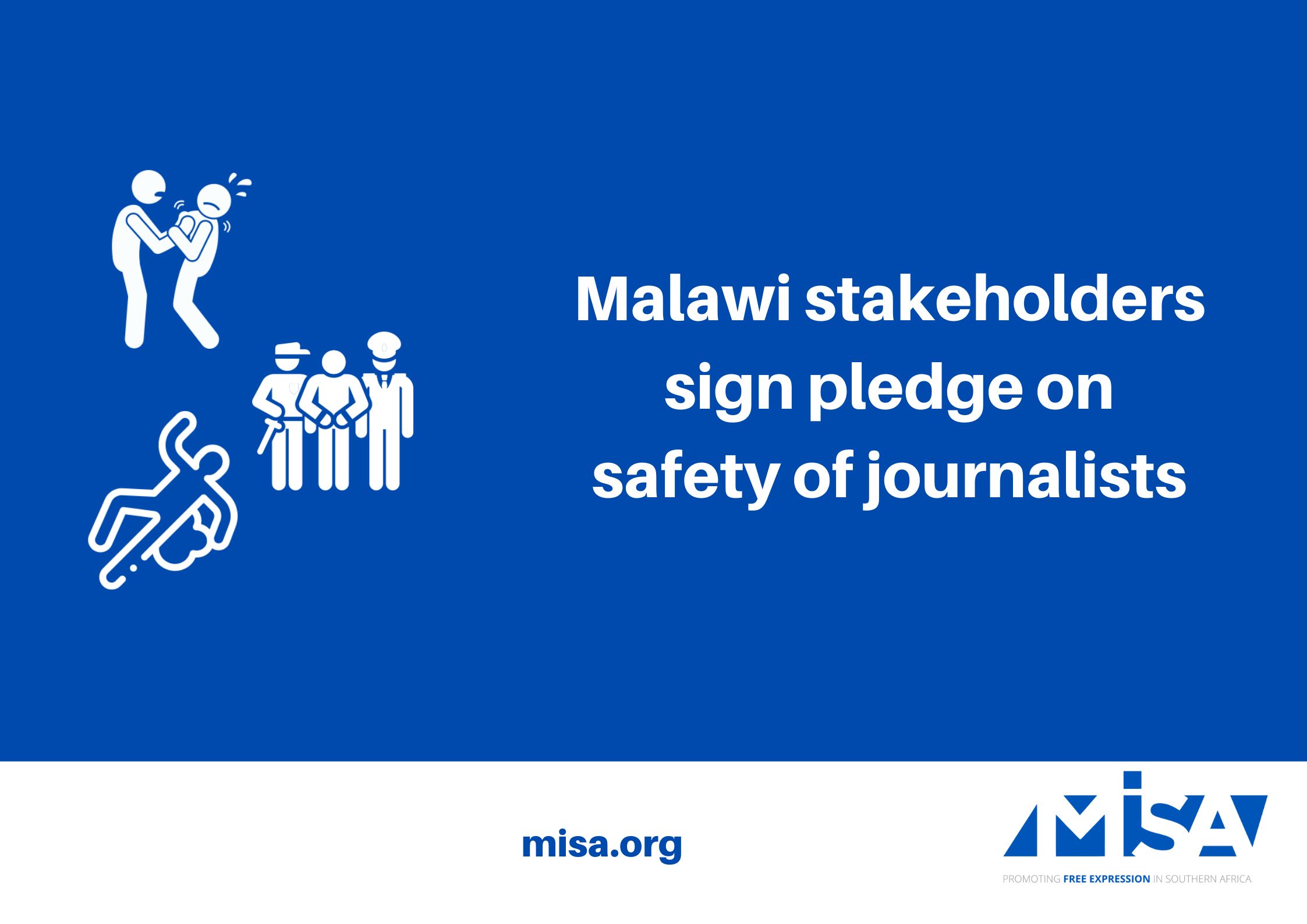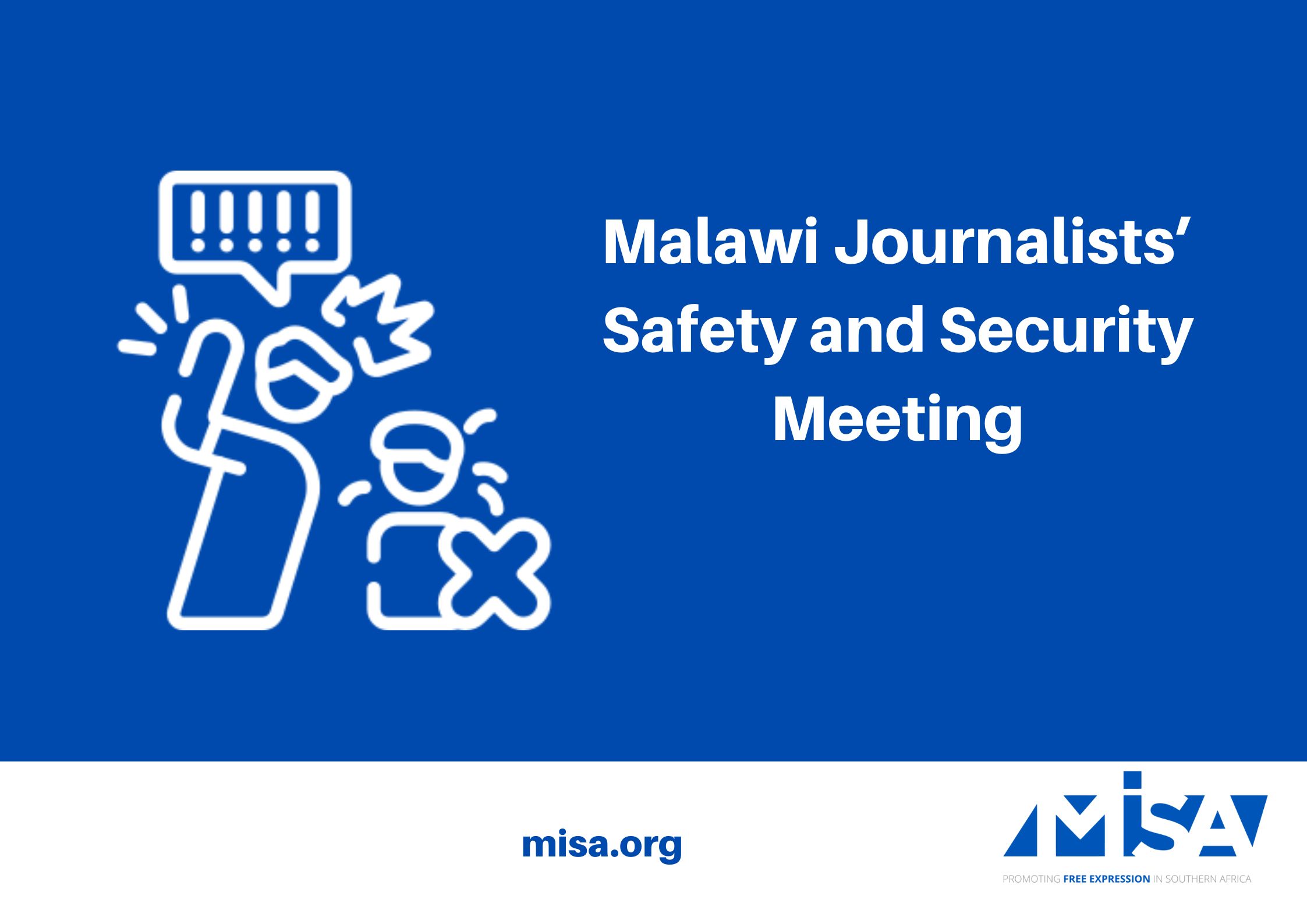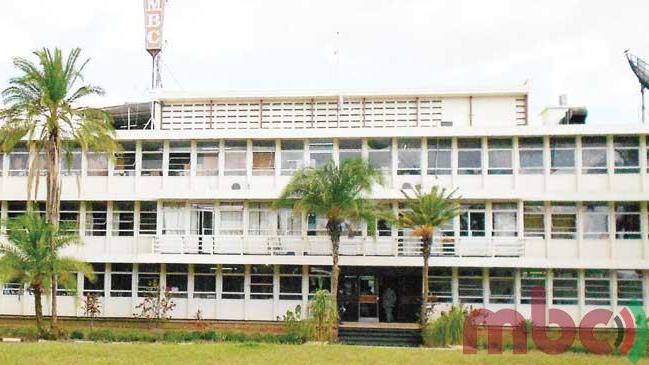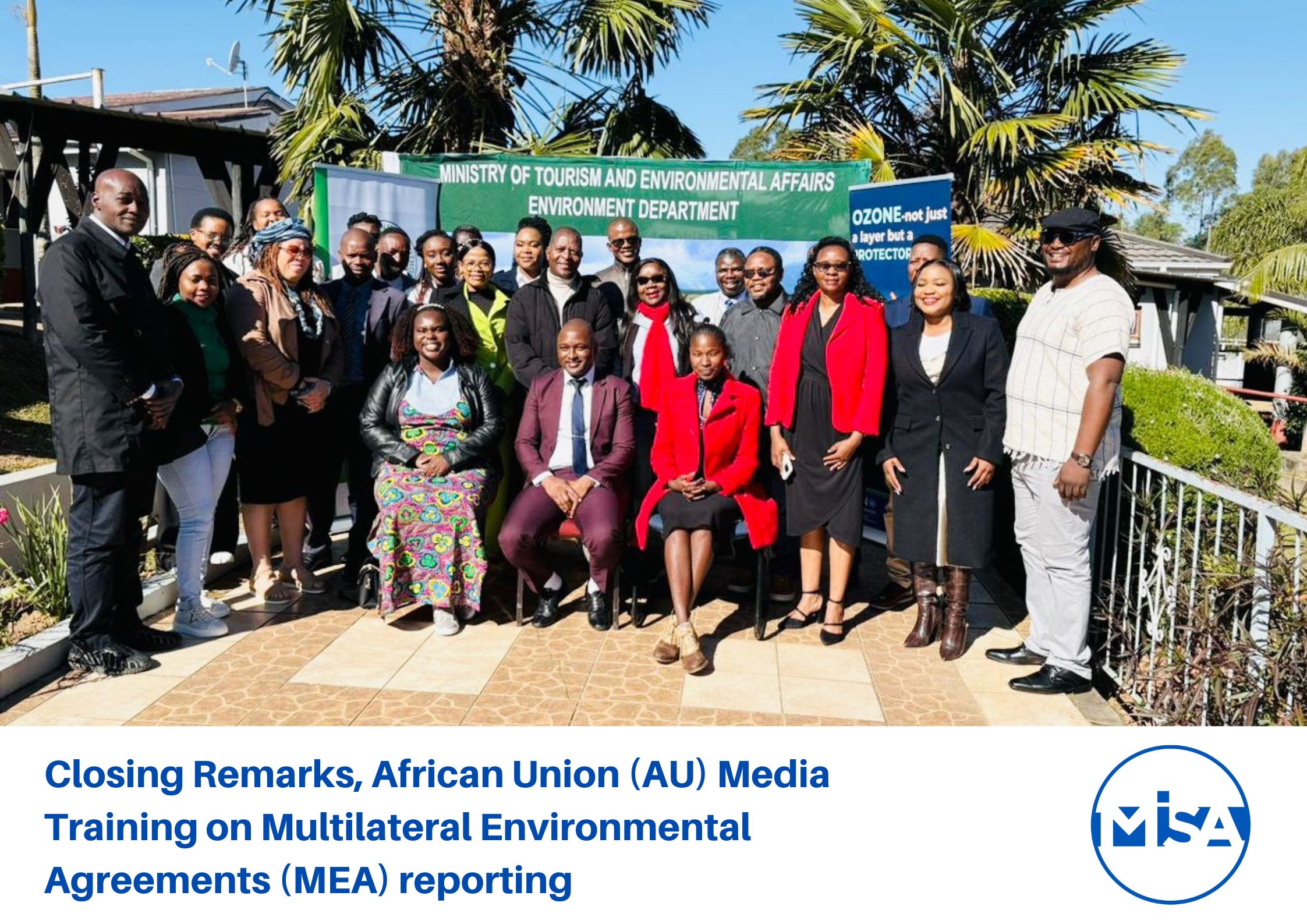The Media Institute of Southern Africa – Malawi Chapter (MISA Malawi) has learned with disappointment of the re-deployment of Malawi Broadcasting Corporation (MBC) Director General, Dr. Benson Tembo, to the Malawi Communications Regulatory Authority (MACRA) where he has been earmarked for a subordinate position of Technical Advisor.
Firstly, MISA Malawi is surprised that such a decision concerning an employee of MBC has been made by the executive arm of the government and not the MBC board of directors who are the legal employers of the Director General as stipulated in section 92(1) of theCommunications Act 1998, which reads:
“The Board of MBC shall appoint a Director General, who shall be the chief executive officer of MBC.”
Secondly, we find the removal of Dr. Tembo as retrogressive and a sign of continued political interference by the government in the operations of MBC. This is contrary to the promise by President Peter Mutharika in both his inaugural and first State of the Nation Address to Parliament in June and July 2014.
We remind the president of his stated commitments that his government “shall ensure that Malawi Communications Regulatory Authority (MACRA) and the Malawi Broadcasting Corporation (MBC) are professional and report to Parliament annually as required by law” (Inaugural Speech, June 2014). Further, that he “allow the Malawi Broadcasting Corporation operate in an open, free and fair manner, make independent editorial decisions and I don’t want my Minister of Information to interfere in their work. This is a promise I make to Malawi. The era of using the Public Broadcaster for Political mileage is gone” (State of the Nation Address, July 2014).
MISA Malawi therefore calls upon the President to reverse this atrocious decision on Dr. Tembo and let the MBC board independently assess his performance for possible re-engagement when his contract expires in April this year.
We also call upon the President to always make sure that he lives by his words and desists from making decisions that are contrary to his promises.
MISA Malawi re-affirms its standing position on the need for MBC to be freed from political interference by reviewing theCommunications Act 1998 to turn the corporation into a public service broadcaster which serves the needs of all Malawians regardless of their political affiliation.
THOM KHANJE
CHAIRPERSON – MISA MALAWI
For Further information contact
Thom Khanje on +265 8888 79329
or Aubrey Chikungwa on +265999327311





